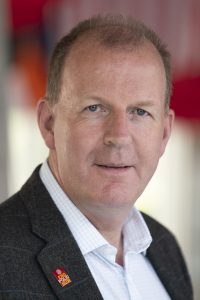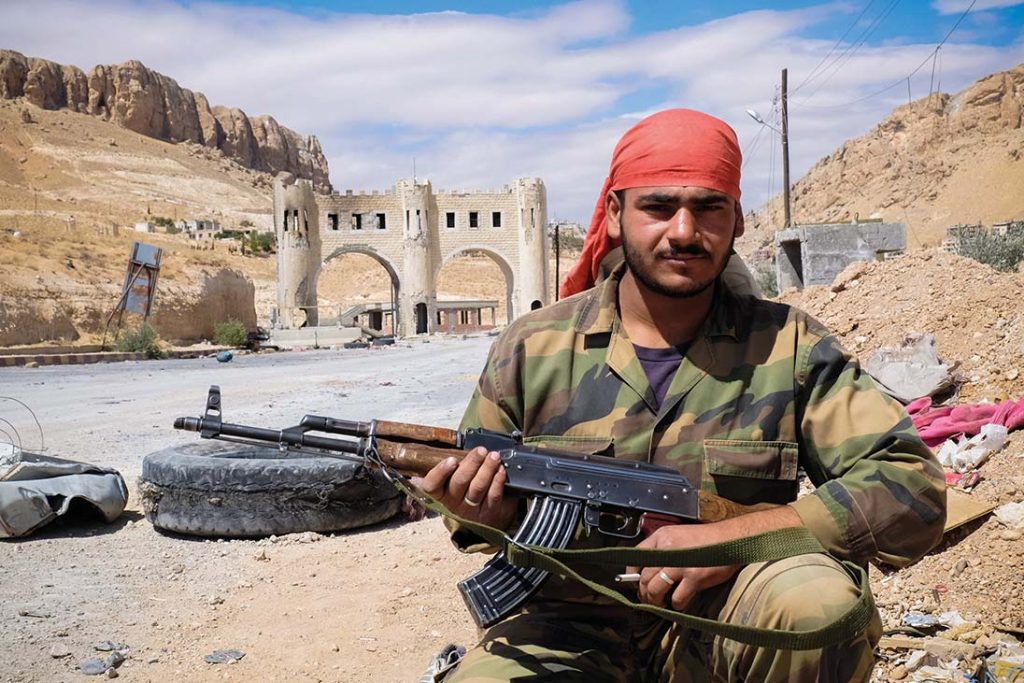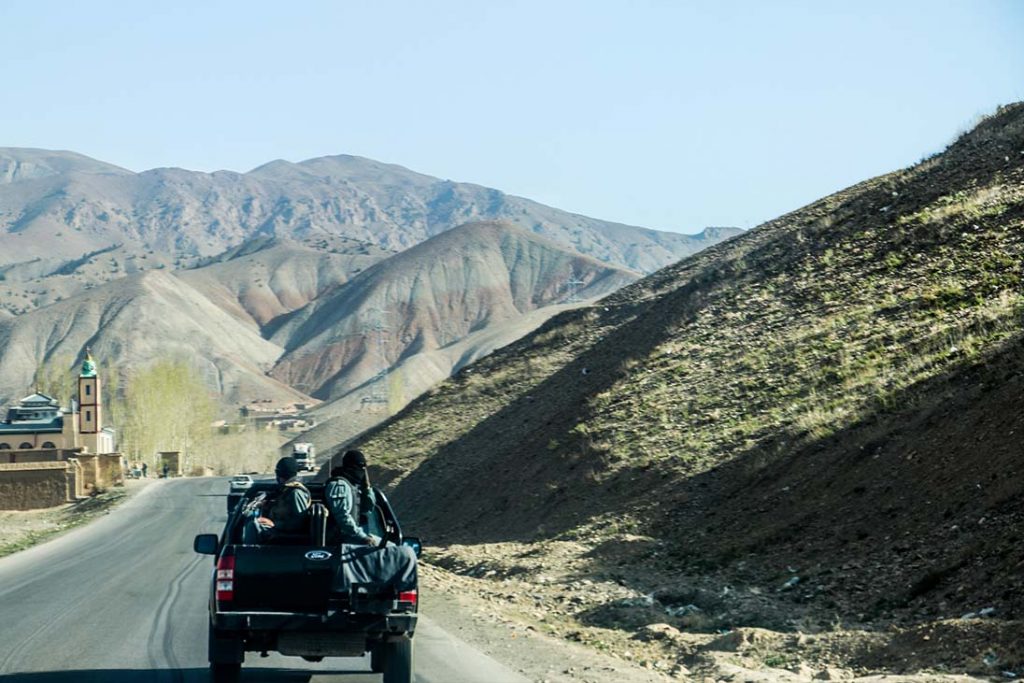There can be fewer, harrowing images, than the sight of tearful Afghan mothers handing over their babies to troops at Kabul Airport with shouts of “save my baby”, as they begged British soldiers to save their children from the Taliban.
Listen to this article
“The mothers were desperate, they were getting beaten by the Taliban. They shouted, ‘Save my baby!’ and threw the babies at us. Some of the babies fell on the barbed wire,” a Parachute Regiment officer told The Independent.
“It was awful what happened. By the end of the night, there wasn’t one man among us who was not crying,” he added quietly.
These were among the last of the mercy flights ferrying Afghan citizens eligible for resettlement, just days after the Taliban swept to power following 20 years of war.
What remains uncertain is what Afghanistan will be like under Taliban rule, particularly for women, human rights and political freedoms.
From a health perspective, with World Polio Day being marked on October 24th, what impact will this dramatic regime change have on the campaign in Afghanistan and neighbouring Pakistan, the final two outposts for the wild poliovirus in the world?
Irishman Aidan O’Leary is the new Director for Polio Eradication at the World Health Organization (WHO).


Irishman Aidan O’Leary is the new Director for Polio Eradication at the World Health Organization (WHO).
Earlier this year, the 56-year-old took over from Frenchman Michel Zaffran, accepting the chalice at the height of the Covid pandemic, which temporarily stalled WHO’s efforts to eradicate wild poliovirus.
Yet, remarkably, the numbers of wild polio cases have dropped dramatically from 140 in 2020, to just two cases this year – one each in Afghanistan and Pakistan.
Afghanistan sits on a political knife-edge. Even before re-balancing of the political order in Kabul, the WHO has struck an agreement with the Taliban to conduct mask-to-mask polio campaigns in previously inaccessible regions where there has been no contact for almost two years.
Aidan comes into the job knowing the terrain well. He was Chief of Polio Eradication in Pakistan for UNICEF, and Head of Office in Afghanistan for the United Nations’ Office for the Coordination of Humanitarian Affairs.
And he remains resolute that there is a job to be finished in Afghanistan.
“Poliovirus circulation does not stop during conflicts, it does not stop during emergencies, it does not stop even if a country is descending into chaos.
“If anything, it makes children and families even more vulnerable to an added layer for risk,” he pointed out.
“Despite risks and challenges due to the recent insecurity, the polio programme is staying and delivering for the children of Afghanistan.”
He said that the WHO’s 315 staff and more than 70,000 polio health workers across Afghanistan remained firm in their resolve to eradicate polio.


“Historically, the Taliban have never been against polio vaccination. They are wary of people involved in delivering the vaccines but they want to target the end of polio and are very well organised.”
“Their work continues to ensure critical polio activities remain functional, while adapting to the rapidly changing situation which carried on even when hostilities were at their worst in the country.”
That view was shared by John Germ, Chair of The Rotary Foundation, who, in highlighting how contacts with the Taliban have been shared for some time, pointed out: “The Taliban have children too – and we want them protected against polio.
“We acknowledge the tragedy of the situation in Afghanistan, but there have always been obstacles in the way that have been overcome.”
Rotary International PolioPlus Chairman, Mike McGovern, stated that Rotary’s team is working closely with the Chairman of the Afghanistan National PolioPlus Committee, Mohammad, Ishaq Niazmand.
He said: “We need to work with all elements of leadership in that country and the anti-Government element has indicated a willingness to work with us.
“Historically, the Taliban have never been against polio vaccination. They are wary of people involved in delivering the vaccines but they want to target the end of polio and are very well organised.
“As conflict in Afghanistan quickly evolves, we must advocate for the children of Afghanistan.
Afghanistan sits on a political knife-edge. Even before re-balancing of the political order in Kabul, the WHO has struck an agreement with the Taliban to conduct mask-to-mask polio campaigns in previously inaccessible regions where there has been no contact for almost two years”.
“The polio programme must work and communicate with all stakeholders involved to ensure that polio immunisation remains a priority to ensure the gains we have made against polio do not diminish.
“We look forward to working with our polio eradication partners and the Afghani people to completely eradicate polio.”
In 2021, only one wild poliovirus type 1 (WPV1) and 43 circulating vaccine-derived poliovirus type 2 (cVDPV2) cases have been confirmed in Afghanistan, which is a remarkable figure.
All of these cases have been reported in areas of the country which have been inaccessible to door-to-door vaccination campaigns. That has left at least three million children repeatedly deprived of polio vaccination.
WHO has been in Afghanistan for seven decades. It has underlined its commitment to stay in the country to build on progress over the past 20 years, including in reducing maternal mortality and child mortality.
However, Dr Luo Dapeng, WHO’s representative in Afghanistan, warned that with the current crisis, the population displacement could impact the programme’s access to children and increase immunity gaps against polio, triggering a rise in transmission.
“It is feared that the mixing and movement of unvaccinated populations due to the upheaval faced by thousands of Afghans may also cause cVDPV2 outbreaks,” he said.
“We are working with all actors, to ensure there are no delays or disruptions to polio and other routine immunisation campaigns. Gains of the past 20 years cannot be lost.
“Children need immunisation now, they must not bear the brunt of conflict and instability. We are calling for unimpeded access to all children.”
Overcoming the daily challenges posed by the current situation, polio vaccinations are continuing to be administered to children through permanent transit teams in most regions and at cross border sites, including Friendship Gate between Afghanistan and Pakistan.”
While the current situation is a challenge, it is by no means the first which the polio programme has faced.
With security quickly deteriorating in August, the polio programme moved swiftly to ensure safety and security of its staff.
About 255 polio staff remain at their field locations, remotely supported by colleagues who had to relocate, and they continue to maintain essential polio services.
Thanks to their efforts, Acute Flaccid Paralysis and environmental surveillance never stopped.


What remains uncertain is what Afghanistan will be like under Taliban rule, particularly for women, human rights and political freedoms.
Except for a few locations which experienced temporary disruptions to surveillance activities, stool sample collection, visits to active health facilities, case investigation, the shipment of stool samples to Pakistan for laboratory testing, and the collection of sewage samples for polio environmental surveillance remain unaffected.
COVID-19 surveillance, which the polio programme has been supporting since last year, has also continued despite the political disruption in Afghanistan.
Aidan O’Leary added: “Overcoming the daily challenges posed by the current situation, polio vaccinations are continuing to be administered to children through permanent transit teams in most regions and at cross border sites, including Friendship Gate between Afghanistan and Pakistan.
We need to work with all elements of leadership in that country and the anti-Government element has indicated a willingness to work with us.”
“Discussions are ongoing with local authorities to safeguard the resumption of critical polio supplementary immunisation activities across the country.
“WHO remains optimistic that the polio vaccination campaigns planned for later this year can go ahead. We’re maintaining flexibility and adapting our plans to the evolving context.
“The safety and security of staff and polio health workers is our top priority.
“Their commitment to ending polio is nothing short of inspirational.
“We stand ready to support their critical work in any way we can.”
Looking further afield, and outside of Afghanistan, with the introduction of new tools and innovations such as novel oral polio vaccine type 2, backed by the freshly-launched polio eradication strategy: Delivering on a Promise 2022-2026, there is a fresh sense of optimism.
Aidan knows full well the huge investment which Rotary International has made as part of the Global Polio Eradication Initiative.
“COVID-19 led to a tough year for polio eradication in 2020,” he explained.
“But we have adapted our strategies and I believe this programme has a real opportunity to re-boost our efforts in 2021.
“I have been so impressed by how this programme has taken on challenges and continues to innovate, and all of it rooted in its strong partnership.
“I look forward to working with all partners, including my old organisation UNICEF, and of course Rotarians from around the world.”
Ireland is a country which shares a passion for horses and horse racing – and where the Irish are known for enjoying a flutter or two.
Asked what odds he would place on the world becoming wild poliovirus-free by 2026, O’Leary admits he is ‘pretty confident’.
“We will achieve a polio-free world,” he added.


























































